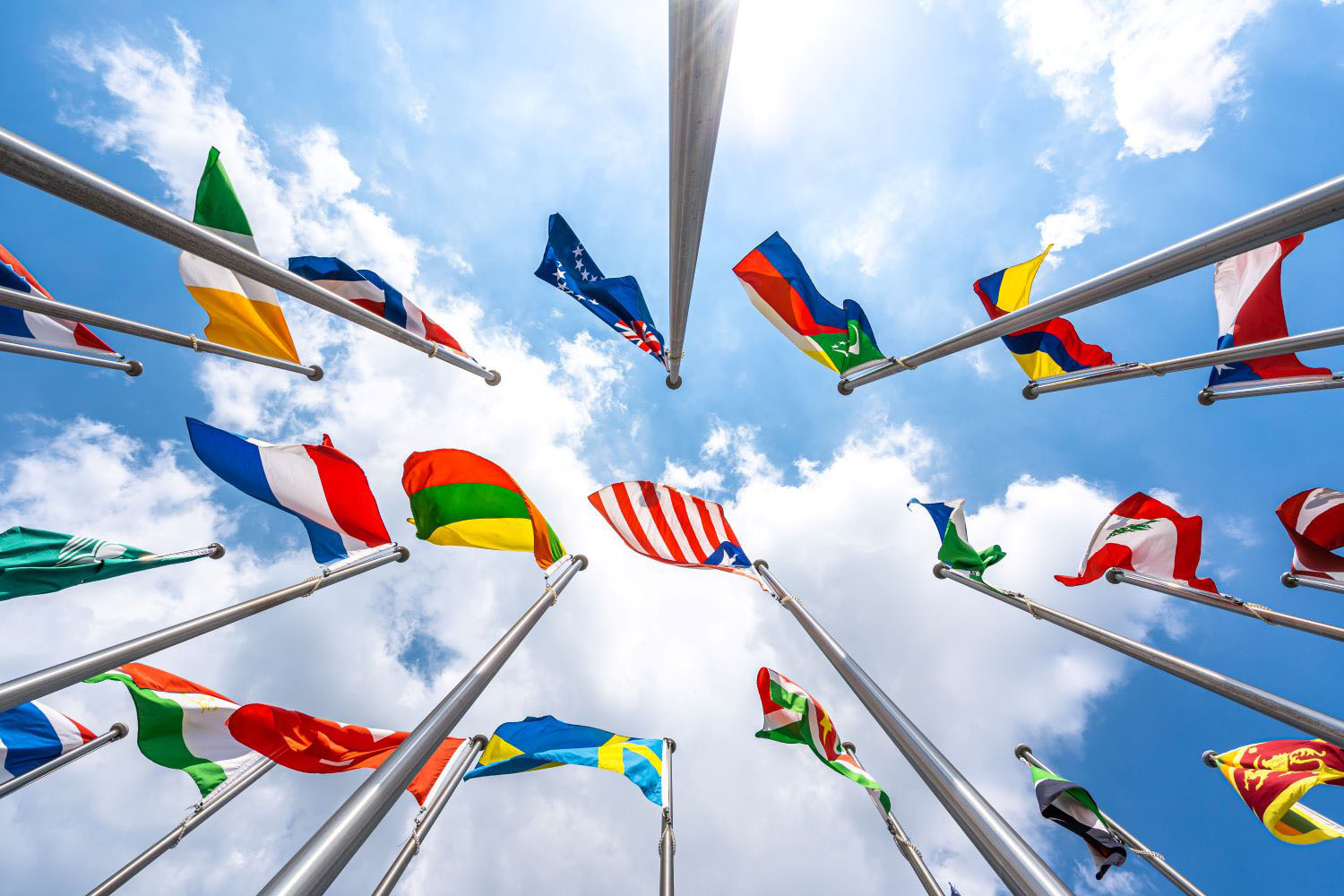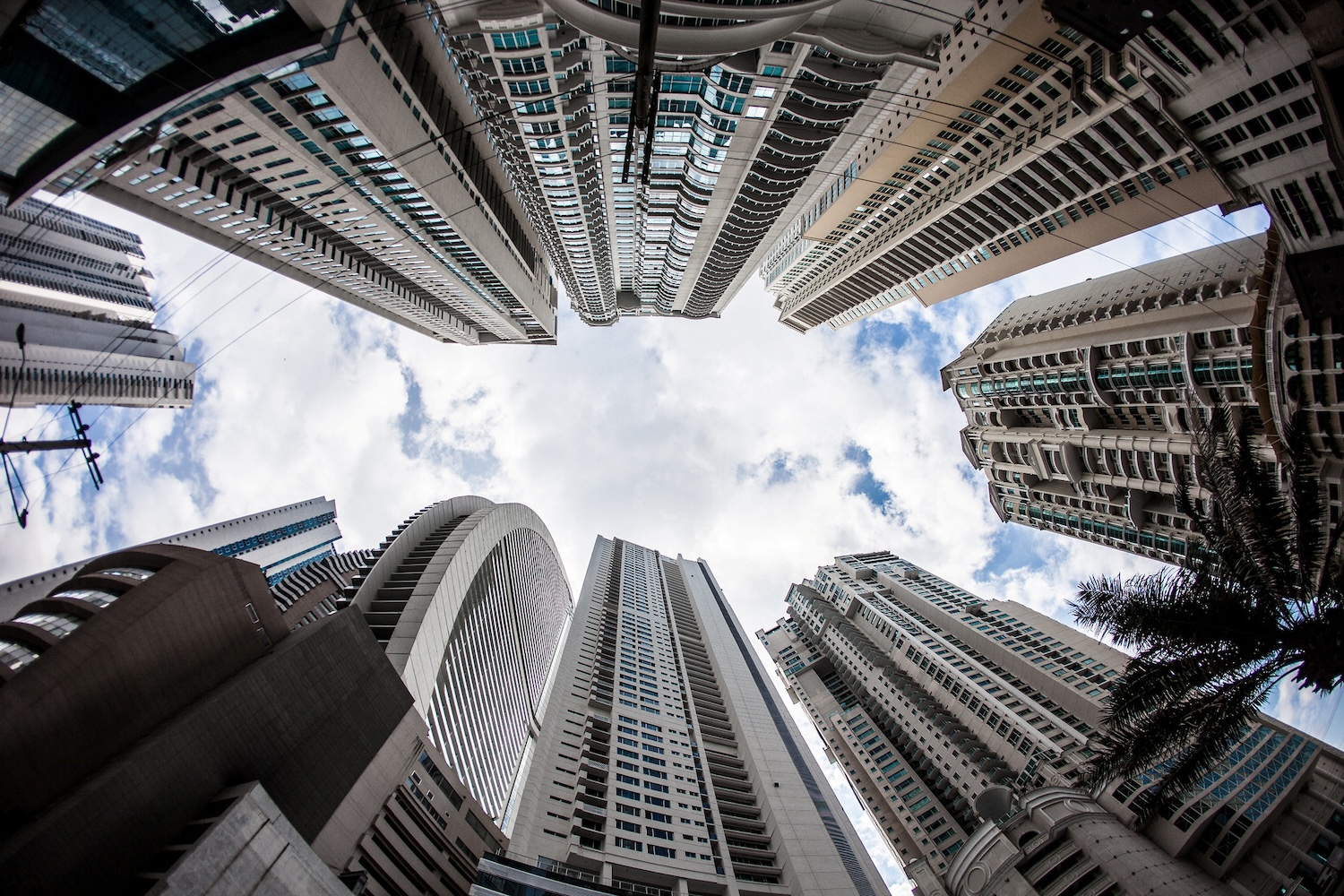World Bank president Bob Zoellick announced several striking
new initiatives in his speech yesterday at a CGD event that drew a standing room-only audience of nearly 200 development specialists. Among his proposals: a "New Deal for Global Food Policy" to reduce hunger and social unrest throughout the developing world, as poor people attempt to cope with recent dramatic increases in food prices.Not surprisingly, economic reporting today focused instead on Fed Chairman Ben Bernanke's use yesterday of the word "recession" and on Congress's confused efforts to deal with the U.S. housing mess. Among the few exceptions: David Ignatius drew on Bob's speech in his
Washington Post column today on
The Perils of the Price of Rice, which does a nice job of highlighting unexamined links between economic troubles here in the U.S. and the food shortages and other problems in the wider world.Most of the media, as usual, seems to suffer from a case of double myopia (nearsightedness in time and in space) in which the immediate problem in the U.S. financial market (as legitimate as it is, for the 2 million or so households facing foreclosure risks) eclipses the crisis out there in the "rest of the world," which is urgent and could be long-term, of rising food and energy prices for poor people in poor countries -- who number about 2 billion.Good to see Mr. Zoellick using the World Bank platform as a bully pulpit to fight for attention to the world's poor. And clever of him to link current shifts in global prices and risks to poor people's needs. I had the pleasure of hosting him and serving as moderator during the follow up discussion. From where I sat, our audience of development experts seemed pleased indeed with his proposals.Like many who were there, I welcome his focus not on more World Bank lending (hardly a word on that, except for his promise to increase agriculture lending to Africa) but on the World Bank's role in making markets for new products (he wants 1 percent of sovereign wealth fund assets -- that's about $30 billion -- for a World Bank-engineered investment fund for Africa), and on providing a venue for global collective action on climate change.Let's hope he can bring along quickly his 10,000 colleagues at the Bank (
on climate change, progress is painfully slow) who still mostly "do" lending instead of realizing the institution's potential as a
global development cooperative. He will also need to convince his Board and the bank's member countries, especially the U.S., who hesitate, against their own long-term interests (myopia again), to get on with the business of reforming the bank's governance to give developing countries and the emerging market giants a much greater voice in
running the bank.
CGD blog posts reflect the views of the authors, drawing on prior research and experience in their areas of expertise.
CGD is a nonpartisan, independent organization and does not take institutional positions.





